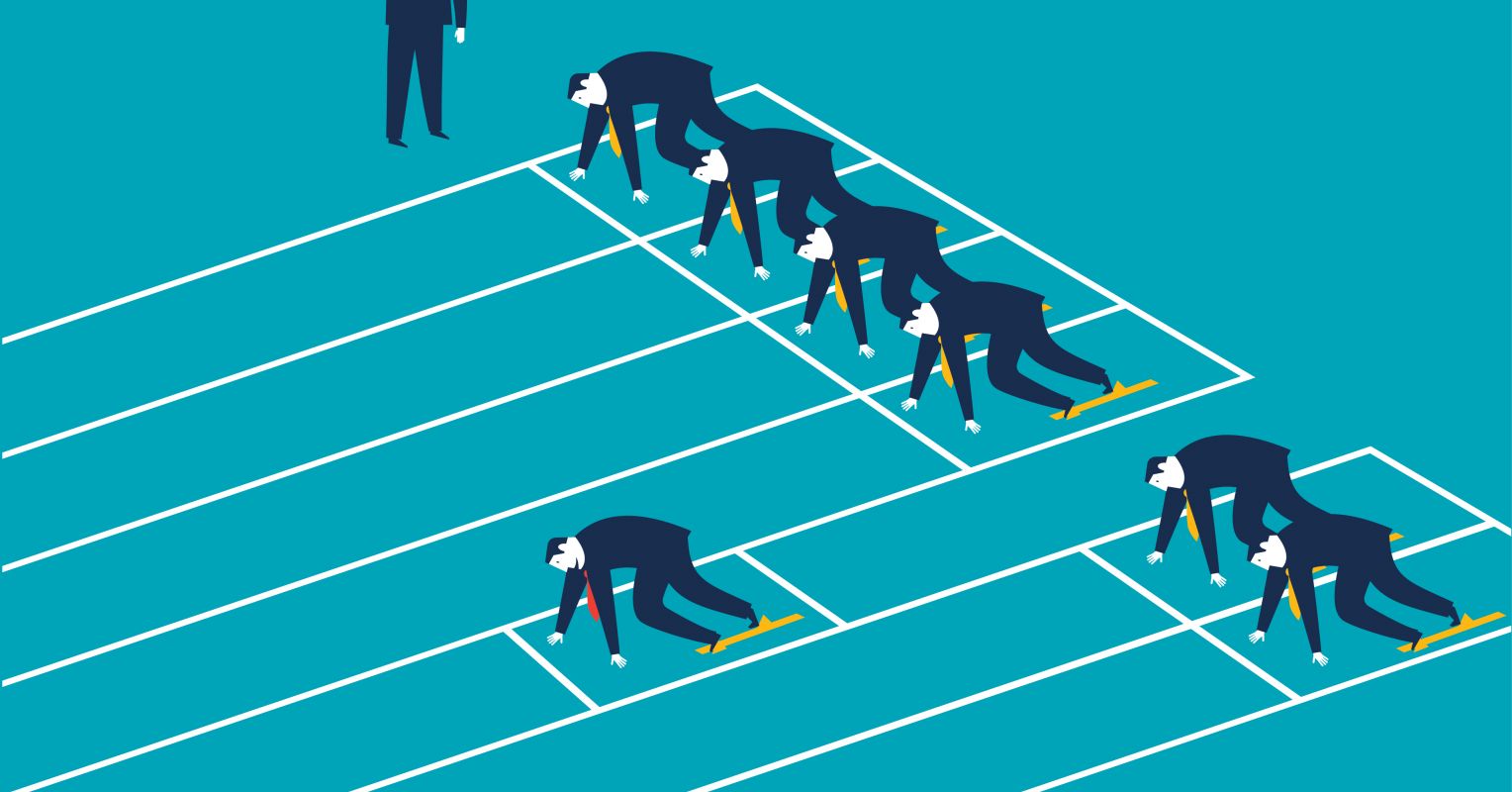System justification bias is a cognitive bias that occurs when individuals tend to rationalize, defend, or justify existing social, economic, or political systems, even when those systems may not be fair, just, or beneficial. People often hold a positive view of the status quo and prefer to maintain the existing order.
Explanations:
System justification bias is driven by the need for individuals to maintain a sense of stability and security in their lives. They may unconsciously defend prevailing systems to avoid the discomfort of acknowledging flaws or inequities.
Examples:
Political Beliefs: A person may defend the actions of a political leader or government, even when evidence suggests wrongdoing.
Economic Inequality: Individuals might justify wealth disparities by believing that the current economic system is inherently fair.
Gender and Racial Discrimination: Some may downplay or deny the existence of systemic discrimination and inequalities, preferring to believe that the social system is fundamentally just.
Solutions:
Critical Analysis: Encourage critical analysis of existing systems and their impact on individuals and society.
Open Dialogue: Promote open discussions and debates that challenge and question the status quo.
Awareness: Make people aware of the potential for system justification bias and its influence on perceptions and beliefs.
Efforts for Change: Advocate for positive changes and reforms that address flaws and inequities in existing systems.
Addressing system justification bias involves recognizing the inclination to defend the status quo and actively fostering critical thinking, open dialogue, and a commitment to positive change to ensure that existing systems are just, fair, and beneficial for all members of society.
